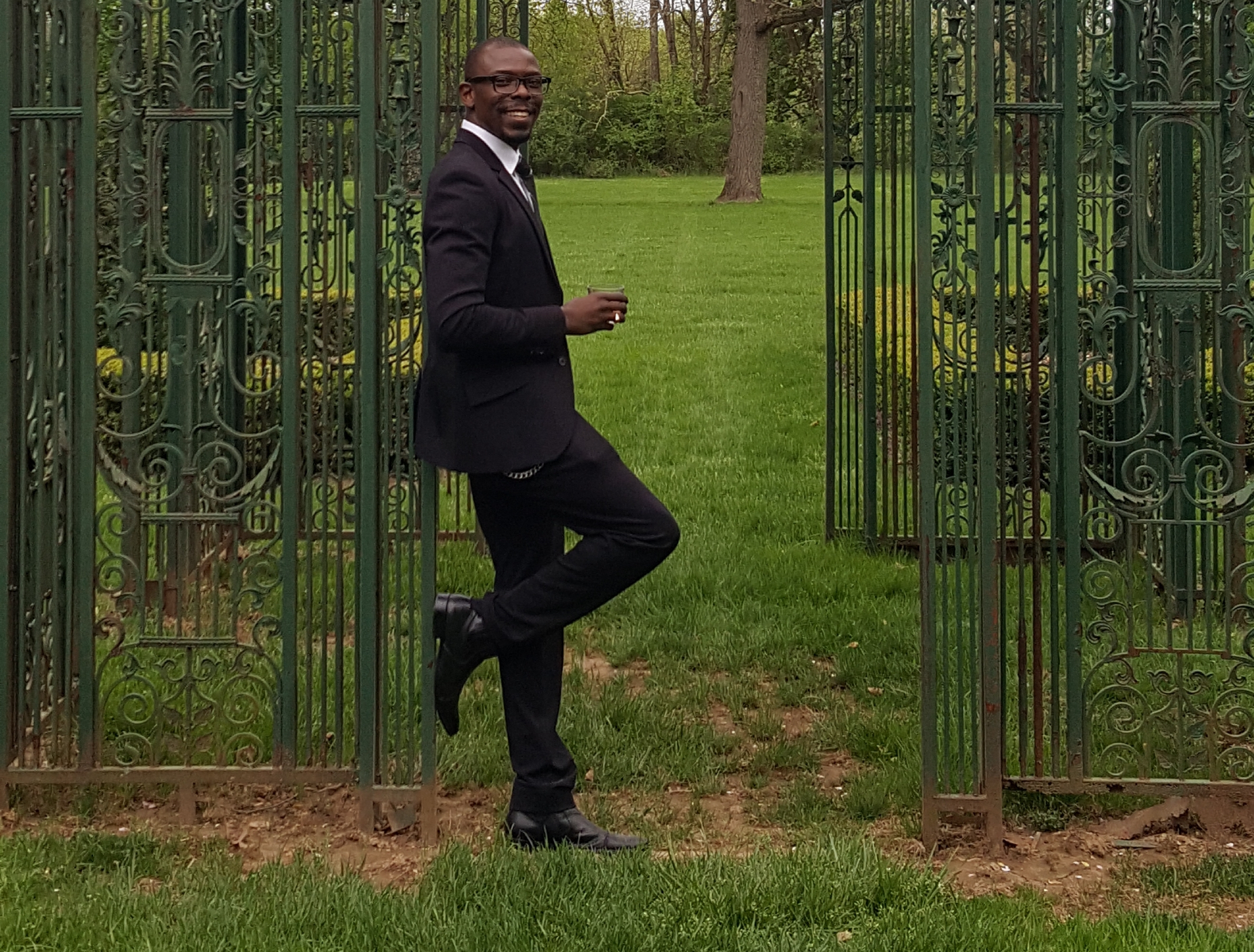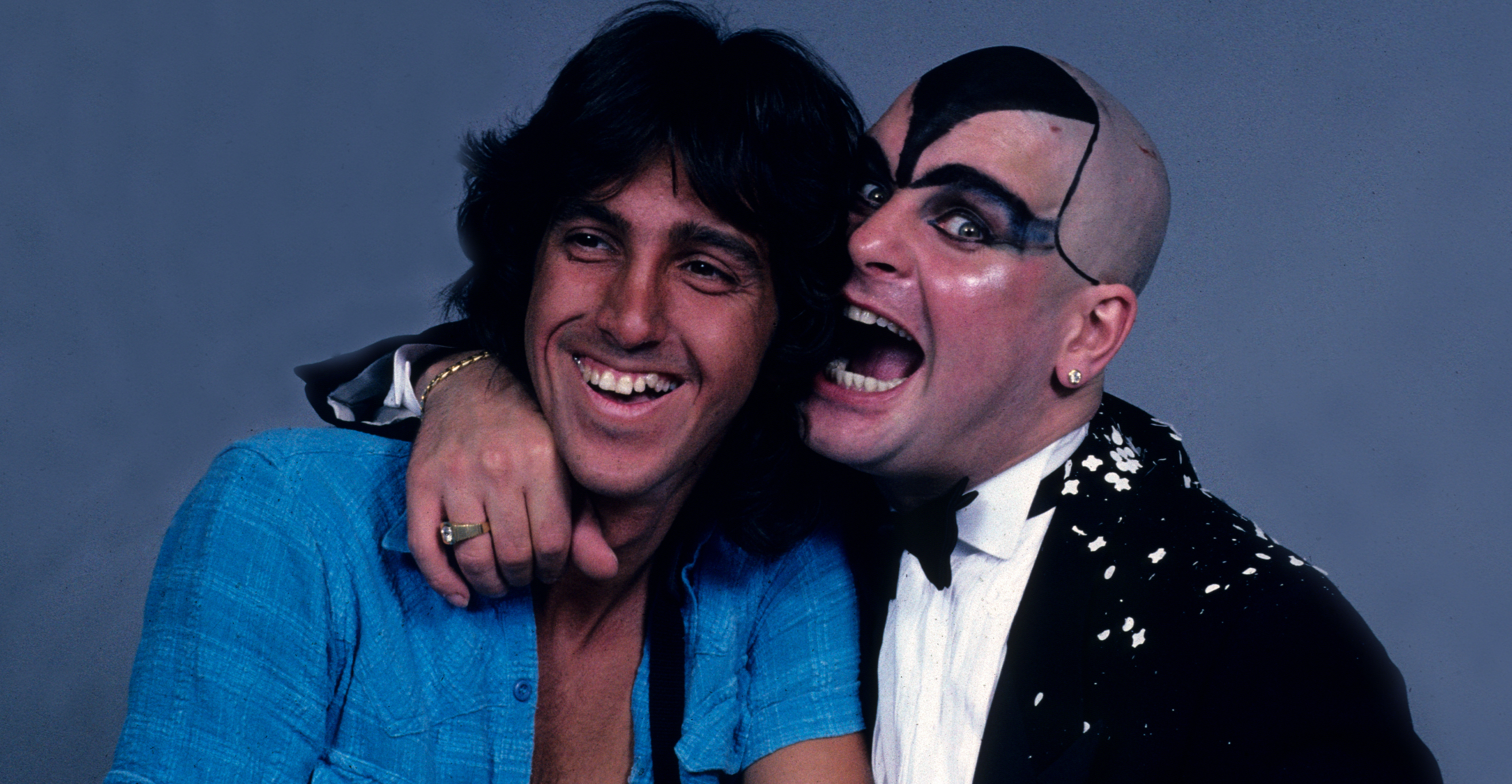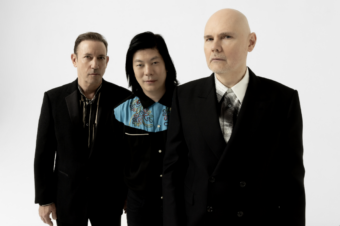When Micheal Somersel was 8 years old, his Brooklyn, NY birthplace led the city in murders; 125 killed within the 75th police precinct. Gangs, drugs and an intersection once known as “the four corners of death” was his home turf, off the Van Siclen stop on the C and 3 subway trains. Over the decades, notable nearby neighbors ranged from mob boss John Gotti to rapper Uncle Murda – who, in 2008, was shot in the head in the neighborhood.
Success statistics don’t favor young black men in East New York. But Somersel bucked the stats in a big way, the product of a poignant immigrant success story.
Born March 19, 1985, a Tuesday, the same day SPIN went on sale for the first time, Somersel was the youngest of seven children, six boys and one girl. There are 18 years between Somersel and his eldest brother.
Micheal was the first – and last – of his siblings born in New York; the rest of the family are from Guyana. His mother came to the States on her own, working unceasingly to save enough money to bring her six children and husband to the U.S. They joined her in 1984, and Micheal refers to himself as the happy product of their reunion.
“I’m continually astounded by her,” Somersel says of his mother, speaking by phone from his New Jersey condo. “My mom did many, many, many things. She was a housekeeper by day. She also did some seamstress work. She did catering. She has always, since I was born, been a minister and has led a small faith community.”
The family was strong and striving, but insular, just 10 miles away from the bustle of ‘80s Manhattan. The peep shows and tarnished theaters of Times Square and the fur-clad socialites strolling Fifth Avenue held no allure.
As SPIN was putting Madonna and Talking Heads on its first and second covers in 1985, and writing about then-nascent Red Hot Chili Peppers, the Somersel family were attending church, part of a tight community that instilled a sense of faith and duty.
All seven kids graduated college, and his parents have been married 54 years, living in Queens since 1994. Micheal found out recently his mother was working on her GED while he was a baby at her feet.
His earliest memories include “hiding under tables and chairs as the [church] services were going on, and the smell of incense and eventually participating and being an altar boy for the church.”
Homework and hard work were cornerstones of his life; even now, as a private school math teacher in New York City, they’re both in play. Thoughtful, quiet and in control, Micheal is very much who he is because of and for his mother. He believes in a combination of nature and nurture, of being of service, and when opportunities arose, he decisively took them.
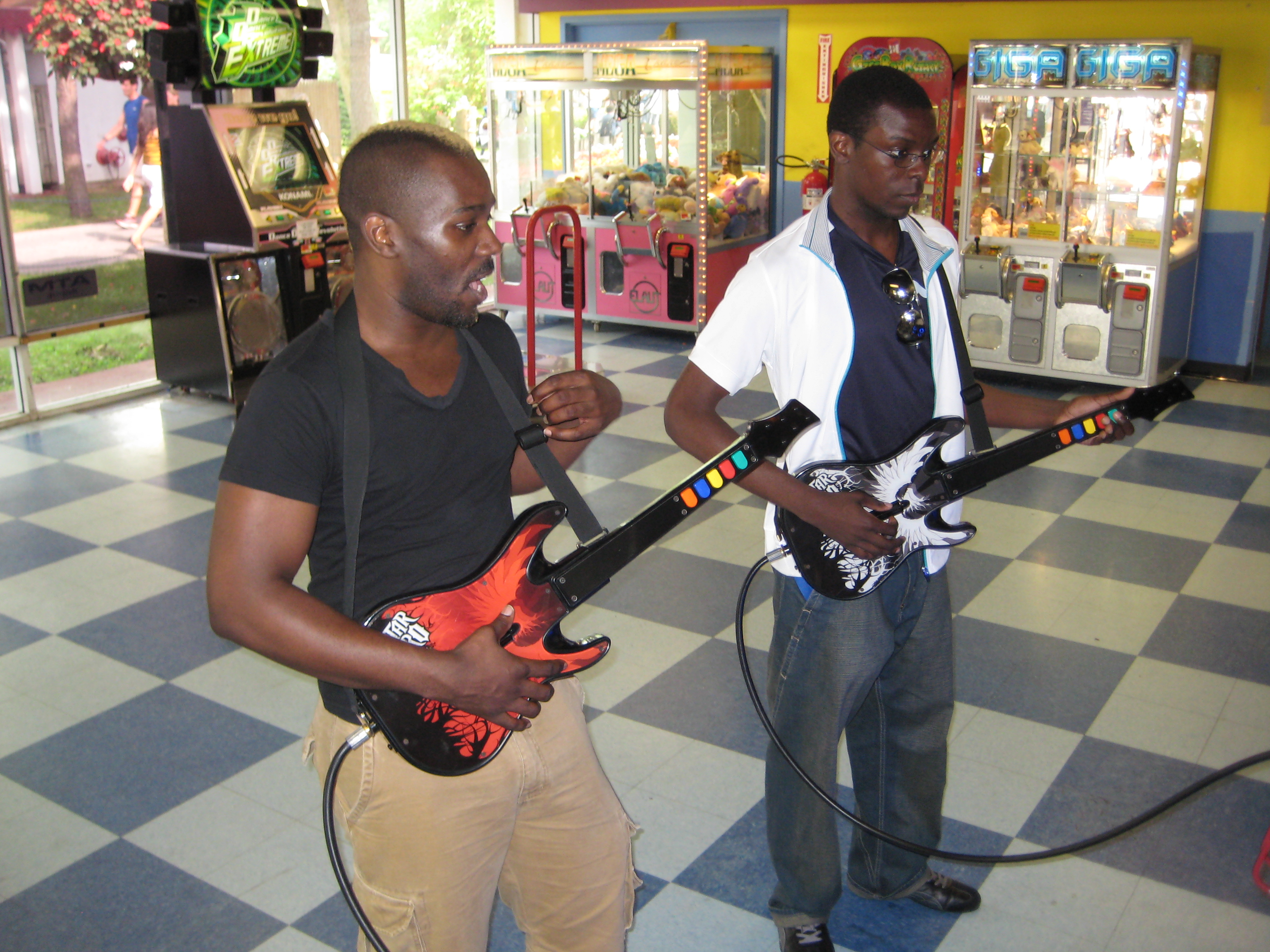
In 1999, thanks to the Better Chance program (a resource for “identifying, recruiting and developing leaders among young people of color throughout the United States”), Micheal was accepted into several boarding schools. He chose one of the most prestigious in the world: New Hampshire’s ultra-tony Phillips Exeter Academy.
The public-school black kid from the wrong side of the Brooklyn tracks headed north, approaching the elite boarding school with gravitas and focus. He eschewed partying. “I didn’t leave my room, besides to go to class and to eat,” he says without regret. It took until he was a sophomore to have a social life.
And music was a part of that. Like most of his generation, he was an MTV kid. “Everyone was in love with the Backstreet Boys and NSYNC, and of course, we all loved ‘I Want it That Way.’”
Alicia Keys became popular during his freshman year of high school, and Timberland, Missy Elliott and Q-Tip also provided a soundtrack to his life.
Magazines and comic books weren’t a big part of Micheal’s formative years. “I think my own personal awareness of music started in those middle school years. Things like Dawson’s Creek, at the end of the show they’d say, ‘You’ve heard music by these artists,’ like Paula Cole and Heather Nova.” His first concert was John Mayer, the Heavier Things tour in 2004.
“My eldest brother was very into soca and calypso music that he brought back with him from Guyana,” Micheal remembers. “My second eldest brother was really into jazz, and because of him, I have an affection for Sting and his music. My third eldest brother was really into reggae and hip hop. My sister, who probably had the biggest influence, introduced me to Sarah McLachlan, Tori Amos, Ani DiFranco, Dave Matthews Band. And honestly, those are the ones that I keep going back to.”
He recalls going back for his five-year high school reunion and his best friend saying “honestly, you were kind of the Black kid that just hung out in the corner.”
“I was there strictly for the academics,” he admits. “I was gonna make it through, not letting anybody down.” He didn’t. He went to Cornell University as a dance and psychology major, and received an M.S. in Mathematics Education from St. John’s University.
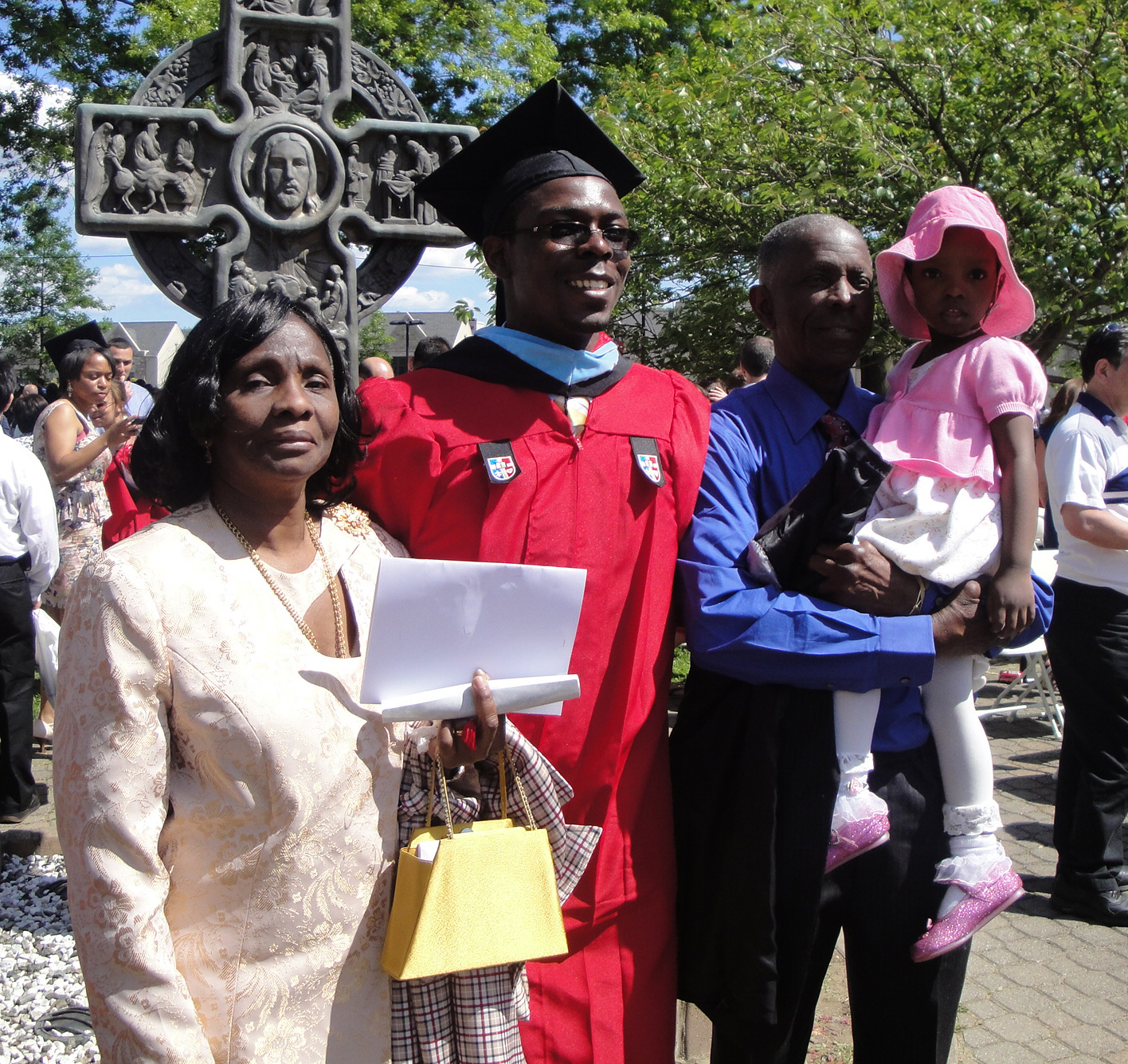
He was spared any major anxiety about coming out gay thanks to his older gay brother laying the groundwork within the family.
“I think it was a lot simpler and easier than I imagine it being for most,” he admits. “Oddly enough and funny enough, Dave [his fiancée] is the only boyfriend. I actually didn’t really have many interpersonal romantic relationships growing up. I was very, very focused on education, graduating, getting my degree, and getting a career that would support me and that I would be a good fit for.”
First extreme weather and then the pandemic impacted Micheal’s planned wedding. “We had the date set in St. Martin in 2017. However, Hurricane Irma came through and did a number on the island and the airport and the resort.”
Next date? Summer 2020. We know what happened there. “We’re pretty much married in our hearts and our minds.”
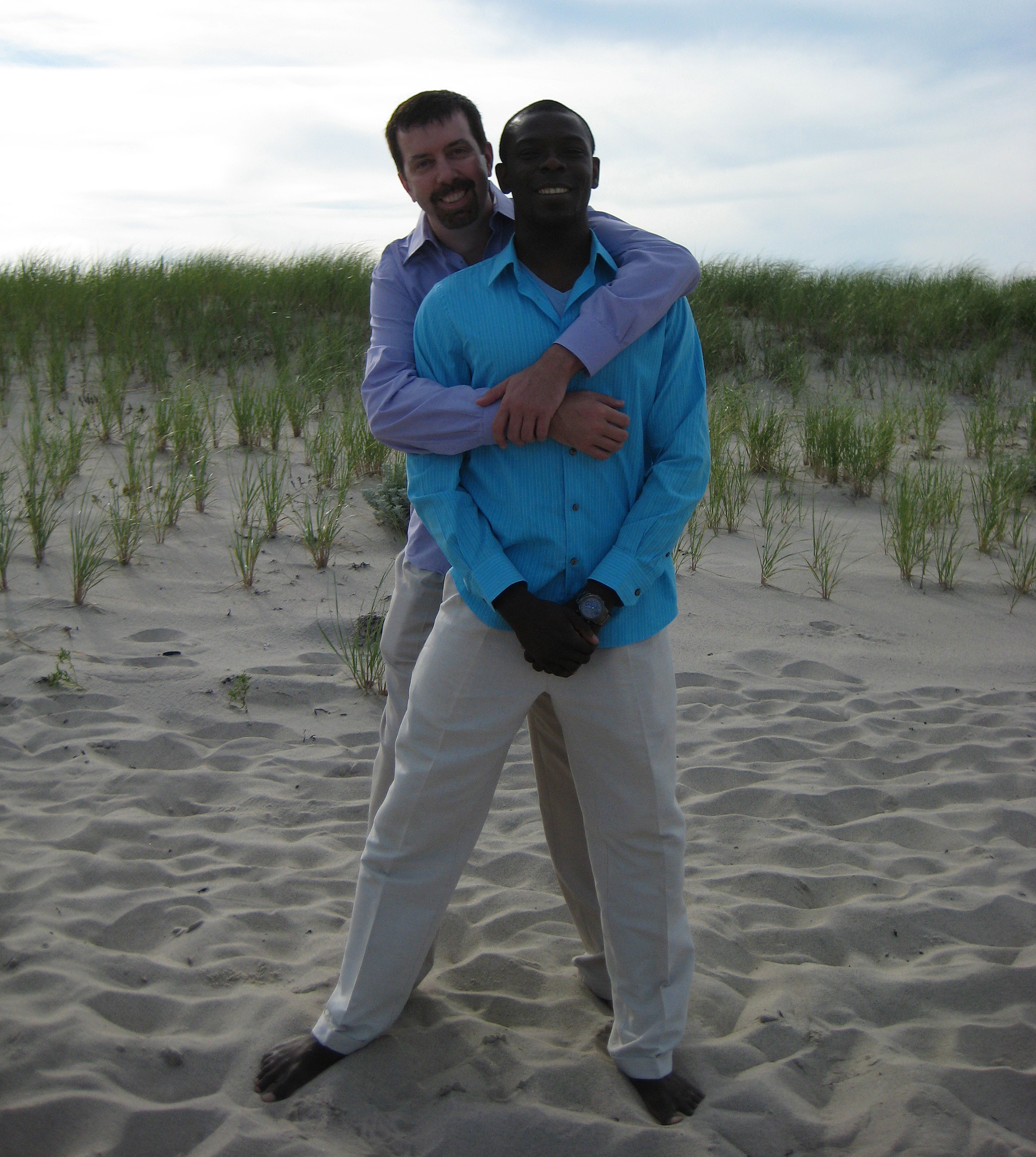
This year has been one of social unrest, and while Micheal casts his mind back to him and his mom being detained for suspected shoplifting when he was a boy, he doesn’t have many overt racist experiences.
“I think being a Black male, there’s a lot of cultural and historical Civil Rights and fights that have been laid and had before where I am now.”
He adds, “but even to this day, the Duane Reade I’ll enter, magically I see the security guard very close to my location as I make my way around the store. So it’s all relevant and prevalent.”
He learned perspective early thanks to his mother and family. As a boy, about 7 or 8, he and his mom traveled to Guyana to visit family. “It was astonishing and amazing that we were one of the few families who had indoor plumbing,” he recalls. “And my aunt sold ice. We were one of the few families who had a freezer.”
At 35, Somersel is technically a Millennial, one of approximately 72 million born between 1981 and the mid-‘90s. But he doesn’t define or align himself with any particular group. “I think intersectionality is where I exist.”
His social media presence is minimal, though dedicated digging can find one guerilla dance performance online. After receiving general questions via email for this interview, he wrote down his responses.
“I’m a Black, gay, American, Christian man with Caribbean/South American cultural heritage. I have a diploma from a prestigious high school and an Ivy League undergraduate education, a master’s degree. With all of that, I’m glad, again, to be of service. I’m glad to be able to help others grow comfortable and confident in themselves and in their voice, particularly from the math perspective, but as a teacher.”

